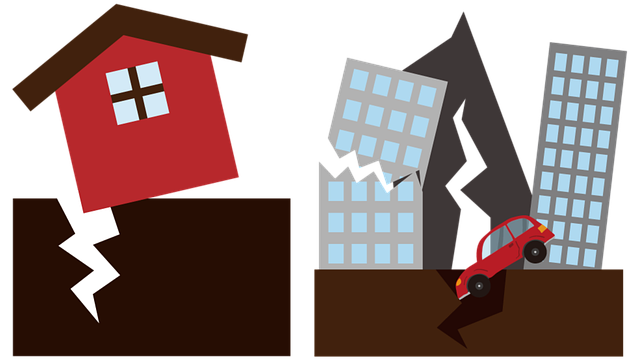Selling a house "as is" after a fire in California requires completing and signing a Property Disclosure Statement (PDS) that accurately details structural issues, damage, and renovations. Failure to disclose material facts can lead to legal consequences and financial penalties. When dealing with fire damage, consult a real estate expert or attorney specialized in California's fire-damaged property regulations to ensure compliance with disclosure rules and protect your interests during the sale process.
In California, real estate disclosure laws are stringent, protecting both buyers and sellers. When facing fire damage, understanding these regulations is crucial if you’re considering selling your home ‘as is’. This article navigates the legal aspects, offering insights into the requirements and implications for such transactions. Whether you’re a homeowner aiming to sell quickly or a buyer looking for opportunities, knowing the rules surrounding fire-damaged properties in California is essential.
- Understanding Real Estate Disclosure Laws in California
- Selling Your House As Is After Fire Damage: Legal Considerations
Understanding Real Estate Disclosure Laws in California

In California, real estate disclosure laws are stringent and designed to protect both homebuyers and sellers. When a property is sold, the seller must disclose any known issues or defects that could impact a buyer’s decision to purchase. This includes structural problems, fire damage, and other significant repairs needed. Selling a house “as is” with fire damage in California necessitates complete transparency. Buyers have the right to know about any pre-existing conditions, allowing them to make informed choices or negotiate terms accordingly.
California’s disclosure laws vary slightly from county to county, but they all require sellers to provide a Property Disclosure Statement (PDS). This form asks detailed questions about the property’s history, including any damage, renovations, and known issues. Sellers must sign and date the PDS, certifying that all information is accurate. Failure to disclose material facts can lead to legal repercussions and financial penalties for the seller.
Selling Your House As Is After Fire Damage: Legal Considerations

After a fire, many homeowners in California consider selling their property “as is” to expedite the process and potentially avoid extensive repairs. However, there are crucial legal considerations to keep in mind when selling your house as-is following fire damage. Real estate disclosure laws in California require sellers to disclose any known material defects or hazards on the property. Fire damage can create a variety of issues that fall into this category, from structural concerns to potential health hazards posed by asbestos or mold.
Failure to disclose these matters could lead to legal repercussions and even financial liabilities down the line for the seller. It’s essential to consult with a real estate professional or attorney who understands California’s specific laws regarding fire-damaged properties. They can guide you on the best course of action, ensuring compliance with disclosure regulations and protecting your interests during the sale process when selling your house as is after fire damage in California.
When selling a home affected by fire damage in California, understanding real estate disclosure laws is crucial. While the state’s “as-is” sales are legal, you must disclose known material defects to potential buyers. By being transparent and following these disclosure guidelines, you can facilitate a smooth sale and avoid future legal complications when selling your house as is due to fire damage in California.






